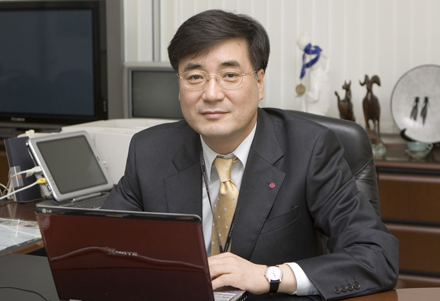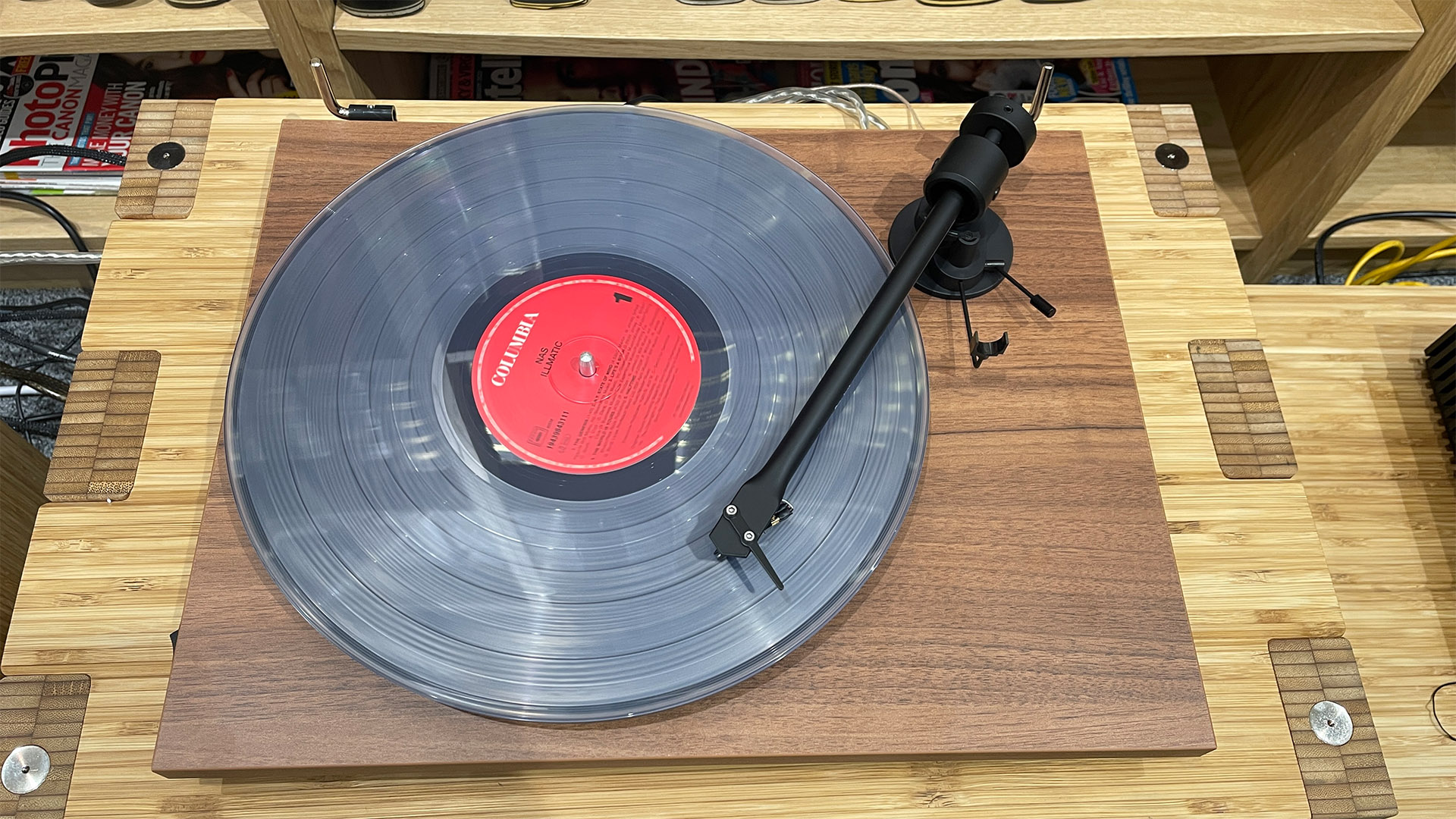LG aims for 3D TV market leadership 'by next year'
Home entertainment vice president expects explosive growth in 3D next year, and expects appeal of passive glasses to propel it ahead of rivals


LG will be the global market-leader in 3D TVs by next year – that's the bullish prediction from the boss of its home entertainment division.
Speaking to reporters last weekend, LG's Havis Kwon (above) cited the meteoric rise of the company's market share in the 3D sector as the reasoning behind his fighting talk.
And in another skirmish in the active/passive 3D battle, which has seen LG squaring up to the Panasonic/Samsung/Sony 'active glasses' camp, Kwon said the speed at which his company's share is growing is indicative of a consumer preference for simpler technology and lighter glasses used in passive systems.
To help increase the strength of the passive-glasses platform, LG has been wooing other manufacturers to adopt its Film-type Patterned Retarder 3D technology, which uses a simple filter layer on the screen and polarised glasses.
Chinese manufacturers have been among those to sign up for the technology, and at last week's IFA in Berlin both Philips and Sharp were announced by LG as being partners in further software development for smart TVs, which is likely to bring those companies closer to the 'passive' camp.
Both companies, along with Toshiba, have adopted the FPR technology for 3D screens, although Toshiba did show a 55in 'no-glasses' 3D TV at IFA.
Rising share
Get the What Hi-Fi? Newsletter
The latest hi-fi, home cinema and tech news, reviews, buying advice and deals, direct to your inbox.
LG's share of the 3D market was just 5.6% in the last quarter of 2010, but rose to 8.3% in the first three months of this year, and again to 12.4% in the most recent quarter.
Yes, that still puts it some way behind market-leaders Samsung, on 34.4%, and Sony, on 17.5%, but the former's share rose only 0.4% quarter on quarter, while Sony's tumbled by almost ten percentage points from 27.1%.
Kwon's view is that ''The market for 3-D TVs will grow explosively next year due to technological advancements and wider content distribution,' and that his company is ideally positioned to take advantage of that growth.
And he's not fazed by Toshiba's 'glasses-free' announcement: 'While the technology works on small sets, there are still limitations that must be overcome for larger 3D TVs. 3D TV should eventually go glasses-free, maybe in three or four years' time.'
One main threat
But Kwon did reveal that LG was already gearing itself up to counter any entry into the TV market by the one company all TV manufacturers seem to view as a potential threat: 'Apple is a feared rival and, if it jumps into the TV industry, there will certainly be a lot of changes in the market.
'However, no company can ever claim a 100 percent market share, no matter how good they are.'
Some more perspective on the 3D market was given by one of Kwon's colleagues, LG global communications manager Ken Hong, who cautioned that the price difference between 2D and 3D sets would have to fall significantly before the technology gained real traction in the UK market. 'People may pay 5% more for a 3D set,' he said, 'but not a premium of 20%.
'We'd like all our TVs on sale in the UK to include 3D as standard in two to three years. There's no question in our minds that 3D will stick around, whether consumers seem to want it or not.'
Andrew has written about audio and video products for the past 20+ years, and been a consumer journalist for more than 30 years, starting his career on camera magazines. Andrew has contributed to titles including What Hi-Fi?, Gramophone, Jazzwise and Hi-Fi Critic, Hi-Fi News & Record Review and Hi-Fi Choice. I’ve also written for a number of non-specialist and overseas magazines.
